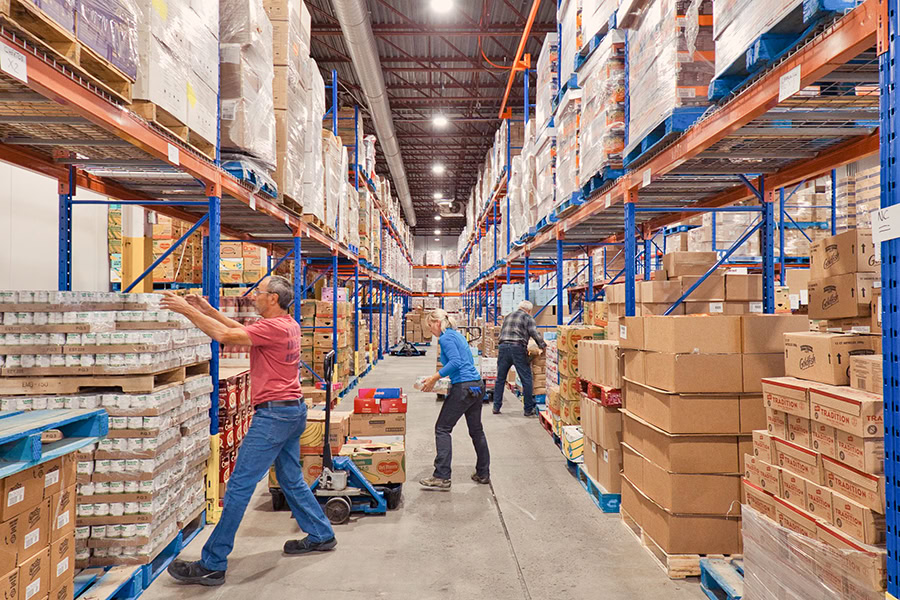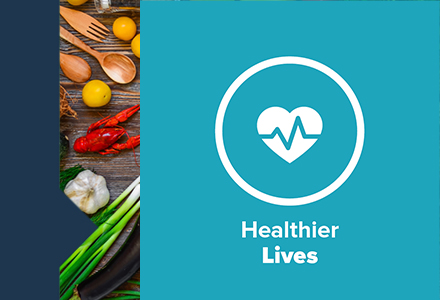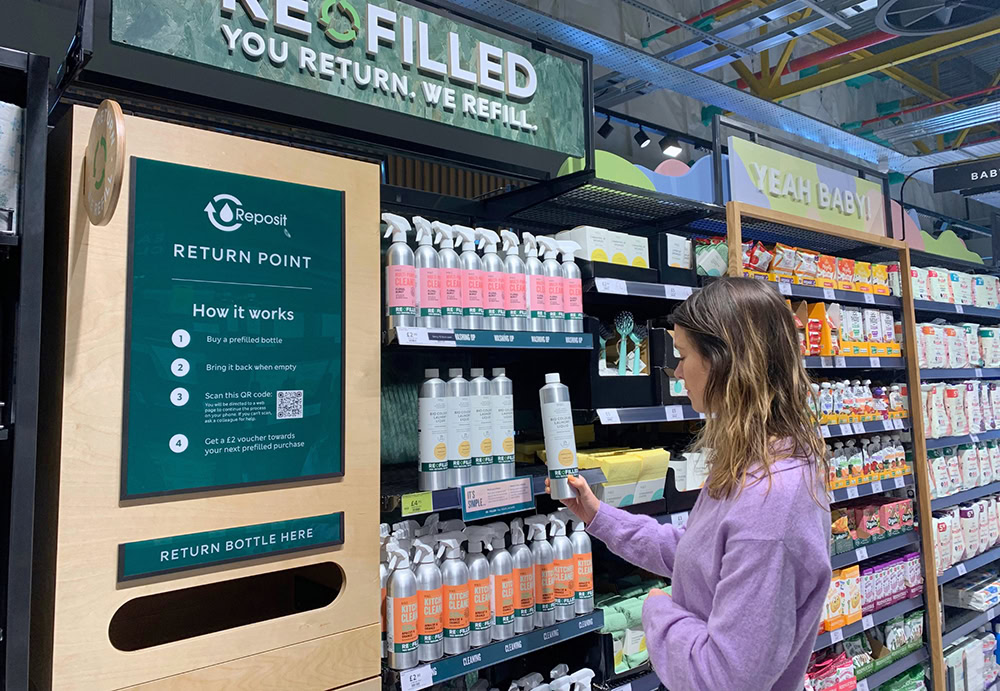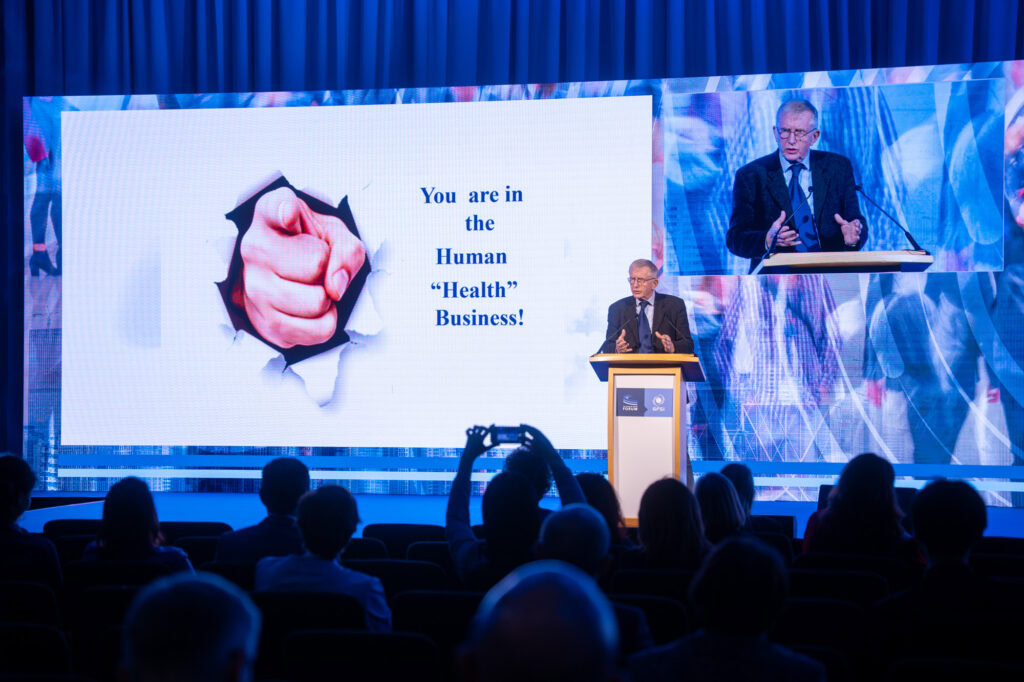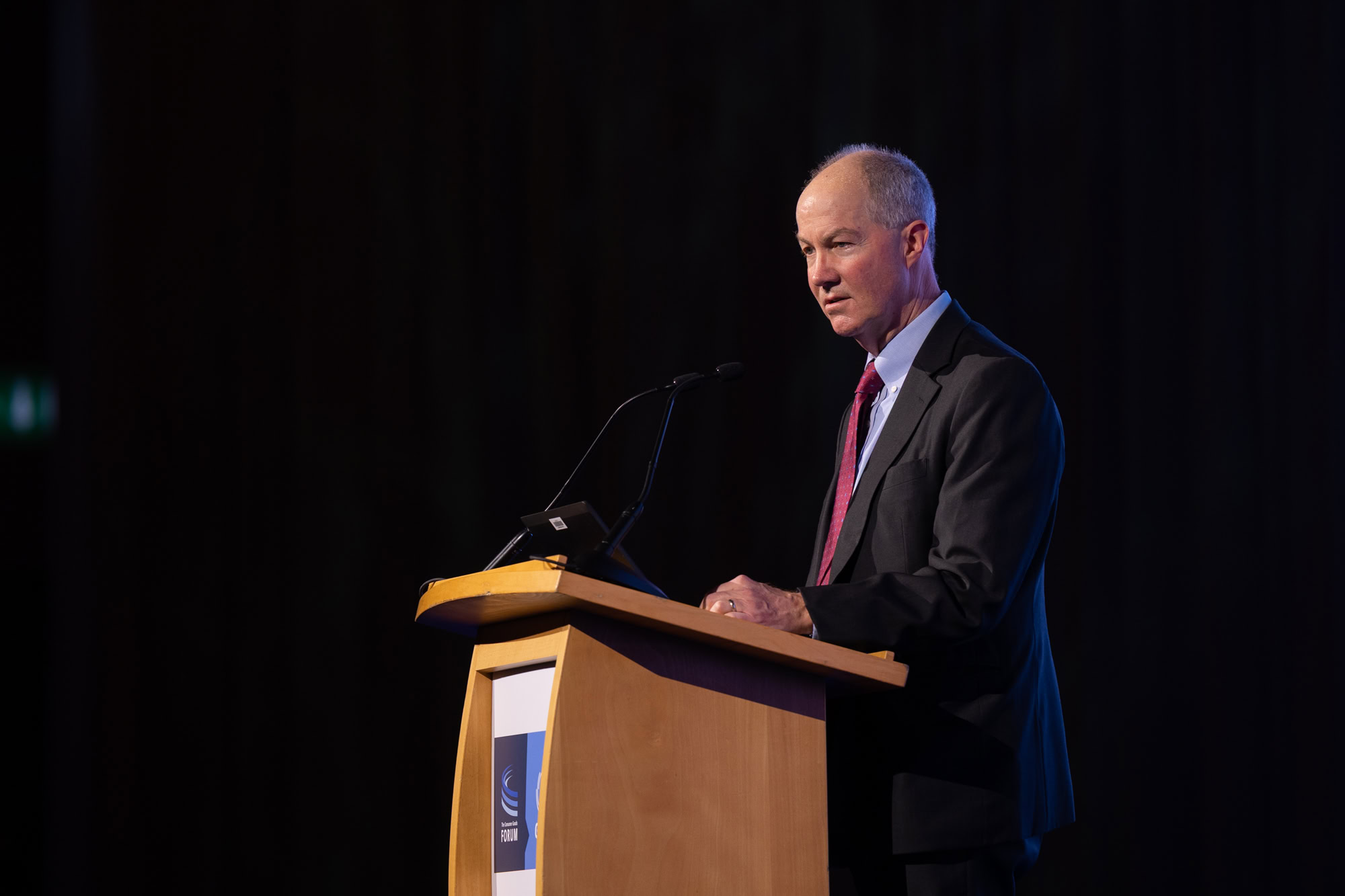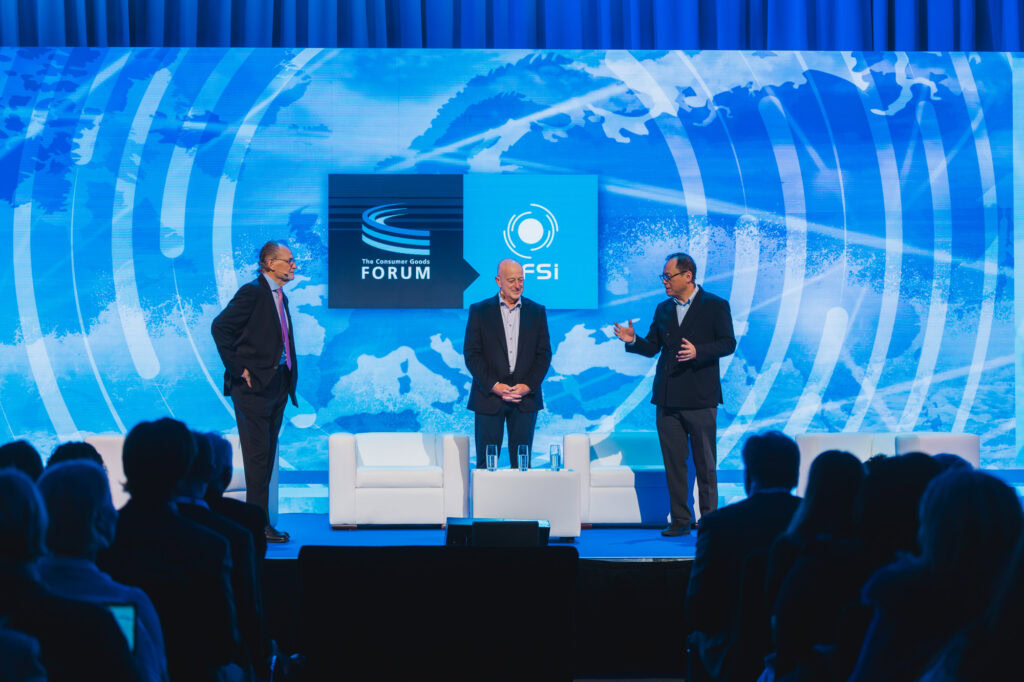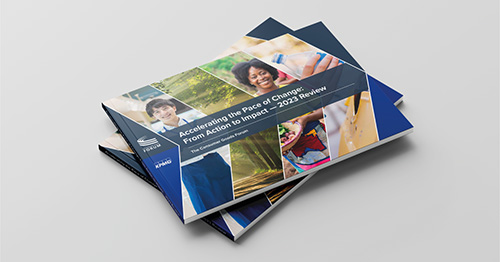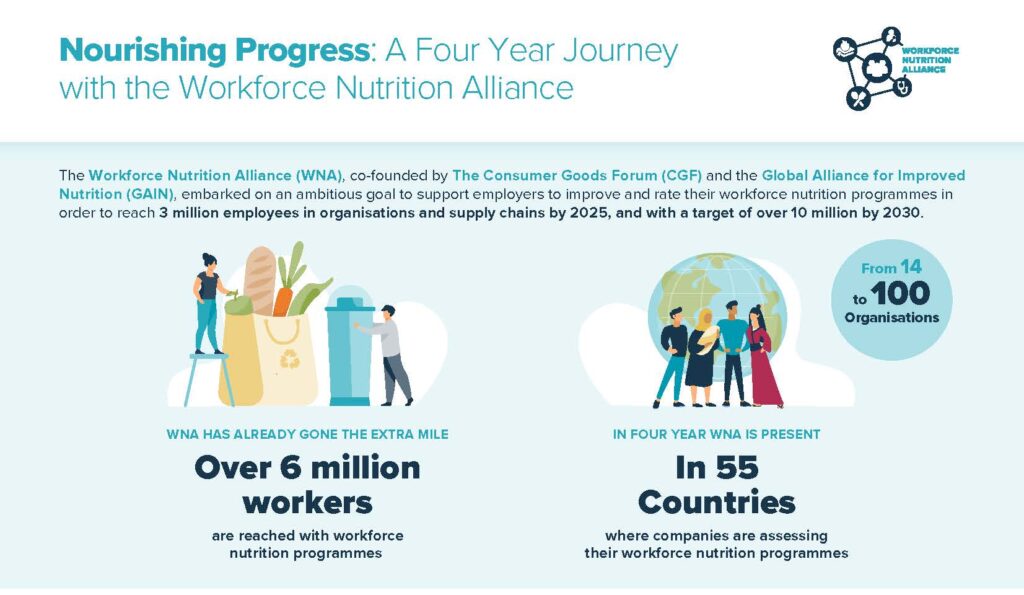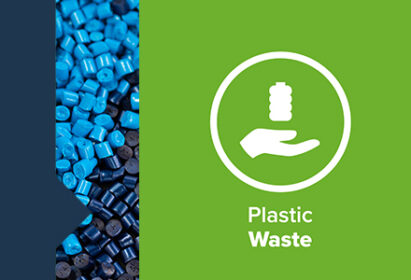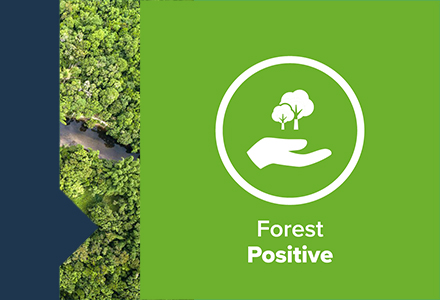Explore Tags
#Deforestation, #Social Sustainability, #Sustainability, #Food Waste, #Health, #Supply Chain, #Supply Chains, #Packaging, #Tesco, #Collaboration for Healthier Lives, #Case Studies, #International Labour Organization, #Human Rights, #Sharon Bligh, #Ahold Delhaize, #Food Loss, #WRAP, #Climate Week NYC, #WRI, #Employee Wellbeing, #Benchmarking, #Case Study, #food Waste Reduction, #Kraft Heinz, #World Health Day, #UN Sustainable Development Goals, #CGF Report, #Plastic Waste,
